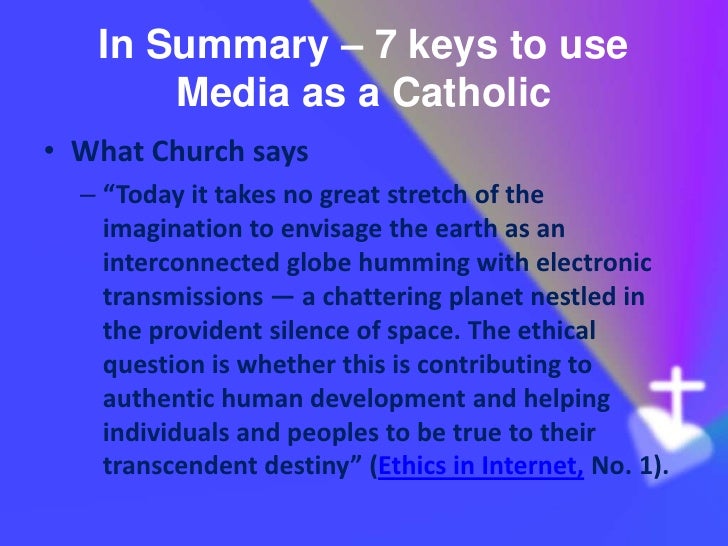With the current Corona 19 pandemic, news that the number with the virus in the world exceeds 10 million is depressing. In Korea, the discussion on "restricting the operation of religious facilities" is always present. The Eyes of the Believer column in the Catholic Times has some thoughts on the issue.
Mass resumed in mid-April, some group activities and gatherings began in June. Social distancing still exists, masks, no singing, and the taking of temperatures and signing in at all the Masses continues. Parish life is half the size of the past and the vitality of the church community has greatly decreased.
Nevertheless, we cannot stop living our faith life, the mission of evangelization, and find ways to continue the work. We have to admit that we have crossed a river and can't go back; we must live with Corona. New prospective believers need to be admitted, and small community gatherings or existing groups should continue. Also, Sacramental life, the mission, and education of the church must continue in the corona era.
The "new evangelization" announced by Pope St. Paul II during his visit to South America in 1983 should be applied. The pope advocated "new evangelization" and presented three characteristics: 'new passion', 'new method', and 'new expression'. Indeed, if the present church uses these three characteristics to practice new evangelization, the present challenge can be an opportunity.
We need 'new passion' now. The fact that many church activities have been suspended does not mean that you cannot do anything. In the Corona period, a new way for the church community is to connect by non-physical face-to-face contact. Today's digital culture is accelerating non-face-to-face access through new ways of online communication.
Korea has coined two new words for the new digital world. 'Untact' means no contact. It is Konglish and used in Korea for the Corona19 situation(verbal contact on the internet). 'Ontact' refers to the experience of being face to face online.
The "non-face to face culture" is emerging as a way to strengthen connection and communication in an era where contact is blocked: online classes, video conferences, online performances, etc. that meets the needs of connection is becoming a popular way of connecting with others. However, the poor and marginalized classes are excluded from this exchange and communication and have the risk of structurally widening the gap between rich and poor.
Even when the parish community ceased saying the Mass and all activity was curtailed the Legion of Mary and group meetings continued and the priests' online pastoral activities continued to be delivered to the parishioners. This continues to spread throughout the church. The writer is convinced that the digital culture that connects with others, especially non-physical face to face contact is suitable for the corona era, a new pastoral paradigm through active communication and exchange among individuals, groups, and the whole church.
Nowadays, some parish podcasts have been opened to operate six channels (sermons, special lectures, parish events, group introductions, invitations, readings of books), and the response of the parishioners is very good. A lot of video content is continuously uploaded to the podcast. When the notification sounds on the application installed on the smartphone, it indicates that new content has been uploaded to the podcast. Wherever the parish believers are, they will all be connected in an instant in a spiritual digital world.
